A brief history of philosophy, part 5: roots of Renaissance
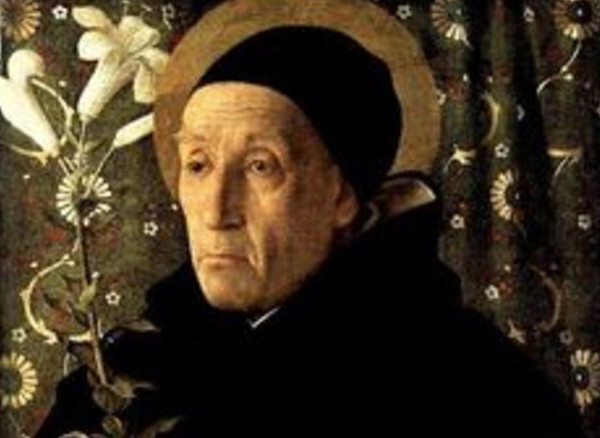
By reconciling the two giants of ancient philosophy with Christianity, Augustine and Aquinas, although culpable in the torture and murder of many thousands of innocent people, were world-changers who allowed us to eventually start to break away from myth again, via the Renaissance (the ‘re-birth’ of culture, due to the rediscovery of classical art, literature and philosophy), the Reformation and the Enlightenment. They had brought philosophy into theology, and taken the first steps towards ending the church’s dominance (exactly the opposite of what they wanted). In the 13th and 14th centuries, the church was becoming more materialistic and interested in worldly power. Those at the top of the church hierarchy were extremely rich. There was a reaction against this – a wave of spirituality (still Christian), led by people like Meister Eckhart, who stressed the internal communication with God, without the need for church finery. This was the first real challenge to the power of the church, but those challenges were going to increase in number.

Dante (1265-1351) did for culture what Aquinas did for philosophy; his Divine Comedy was meant to promote Christianity, but his cosmology was Greek – concentric zones up to heaven and down to hell, with humans on earth at the centre. But philosophy and culture were about to change again – from Aquinas and Dante to Ockham and Petrarch. In the 14th century, William of Ockham (1285-1347) discussed the problem of universals (Plato’s forms or ideas). Augustine said that forms were transcendent; Aquinas, immanent; and Ockham that they didn’t exist. Universals only exist in human minds. This position was called nominalism – universals are just names. He wasn’t the first to say this, but he was the most influential. You’ve heard of Ockham’s Razor – used to cut away anything unnecessary – well, universals were unnecessary. Humans could only know anything via empiricism or reason, not via speculation about things that humans can’t possibly know about. Here’s an example: how do you know which is bigger, the inner or outer of two concentric circles? You can measure them, or by using reason, you will know that the inner circle is smaller without having to even see them. This distinction between empiricism and reason was something that was going to employ an awful lot of philosophers’ time in the coming centuries.

But Ockham was still Christian. He said that human reason and empiricism could tell us nothing about God, because our intellects are so puny compared to his – and so the only way to understand God was via faith. For him, faith was the highest means of understanding – but this started to drive a wedge between faith and reason after Aquinas had so painstakingly brought them together. Now reason was out of the bag, and Ockham had unwittingly laid the foundations for the Scientific Revolution, and the demise of the power of the Church. He thought that empirical and rational investigations were going to bolster the Christian position – he didn’t realise that cosmology and evolution, to name just two examples – were going to completely contradict it.
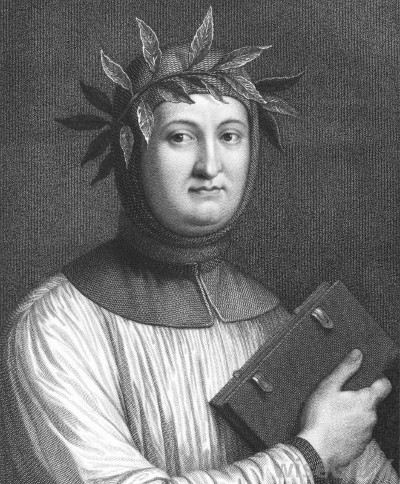
Another 14th century giant was Petrarch (1304-1374), often called the father of the Renaissance. He loved the newly-rediscovered classical knowledge and dedicated himself to the study of the ancients. He was still pious, but believed that learning improved the human condition, as well as piety. Byzantine scholars, leaving Byzantium under threat from the Turks, brought lots of Greek manuscripts that had been preserved, many of which were new to the West at this time. Scholars such as Petrarch dedicated their lives to finding and translating ancient Greek works. They also rediscovered ancient Babylonian, Egyptian and Persian texts. They recognised that wisdom was not exclusively Christian.
The views expressed in our blog are those of the author and not necessarily lowimpact.org's
2 Comments
-
1erica June 14th, 2016
Thank you for your concise, comprehensive overview of western thought and philosophy. I am enjoying this writing very much. We are all philosophers by nature, let’s not be so by default.
-
2Dave Darby June 14th, 2016
Thank you Erica. I think philosophy is in bad shape these days – it seems to have been overshadowed by economics (if it makes money, let’s not think about it, let’s just do it), and I think this is one of the main roots of our environmental problems and our democracy deficit. I think understanding the history of thought is very important (especially Western thought, as it’s come to dominate thinking globally), so that we can all think critically about how we want to live in future. If Fukuyama was right, and this is the end of history, then it’s all downhill from here. I don’t think he was right though. I’m sure that many people thought that their era was ‘the end of history’, and of course history ignores them and keeps trundling on. I put it down to a lack of imagination.




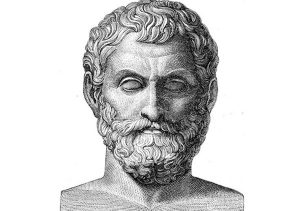 How many of us could give a rough overview of the history of philosophy? Part 1: Thales to Socrates
How many of us could give a rough overview of the history of philosophy? Part 1: Thales to Socrates
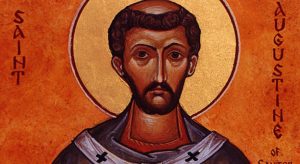 A brief history of philosophy, part 3: Augustine reconciles Christianity with Plato
A brief history of philosophy, part 3: Augustine reconciles Christianity with Plato
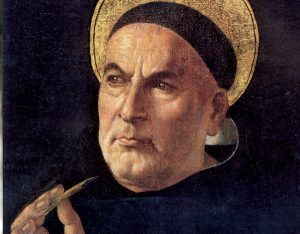 A brief history of philosophy, part 4: Aquinas reconciles Christianity with Aristotle
A brief history of philosophy, part 4: Aquinas reconciles Christianity with Aristotle
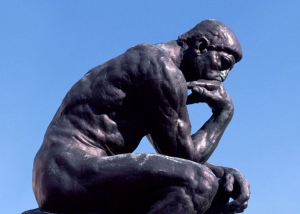 A brief history of philosophy, part 15: what next?
A brief history of philosophy, part 15: what next?
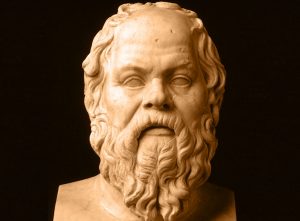 A brief history of philosophy, part 2: Socrates, Plato & Aristotle
A brief history of philosophy, part 2: Socrates, Plato & Aristotle
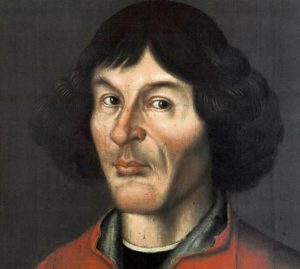 A brief history of philosophy, part 6: Reformation and Scientific Revolution
A brief history of philosophy, part 6: Reformation and Scientific Revolution
 A brief history of philosophy, part 7: the re-birth of philosophy
A brief history of philosophy, part 7: the re-birth of philosophy
 A brief history of philosophy, part 8: empiricism vs. rationalism
A brief history of philosophy, part 8: empiricism vs. rationalism
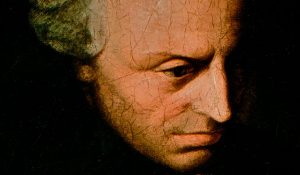 A brief history of philosophy, part 9: Enlightenment
A brief history of philosophy, part 9: Enlightenment
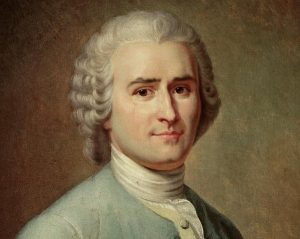 A brief history of philosophy, part 10: Romanticism, utilitarianism and the dialectic
A brief history of philosophy, part 10: Romanticism, utilitarianism and the dialectic
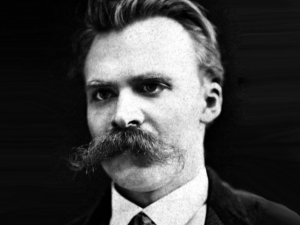 A brief history of philosophy, part 11: the splintering of philosophy
A brief history of philosophy, part 11: the splintering of philosophy
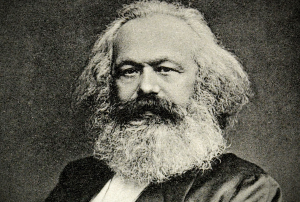 A brief history of philosophy, part 12: socialism, utopianism and anarchism
A brief history of philosophy, part 12: socialism, utopianism and anarchism
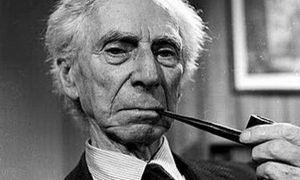 A brief history of philosophy, part 13: continental vs. analytic philosophy
A brief history of philosophy, part 13: continental vs. analytic philosophy
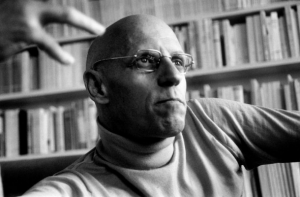 A brief history of philosophy, part 14: the rise and fall of postmodernism
A brief history of philosophy, part 14: the rise and fall of postmodernism
 Philosophy
Philosophy


